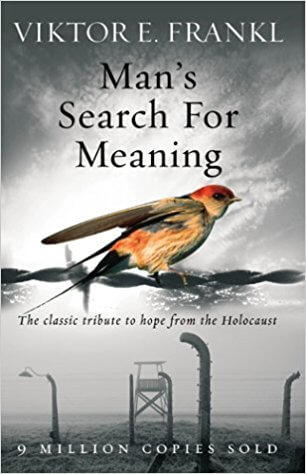I reflect on the immense power it brings to find meaning younger in life.

“Researchers have found that on average we feel that our lives have the most purpose at the age of about 60“
from The Times: “You will discover the meaning of life (but you’ll have to hit 60 first)“
Purpose and Meaning are at the heart of who I am and the work I do, the clients and their businesses that I serve. Today I reflect on the immense power it brings to find meaning younger in life (say in your 20s, 30s or early 40s).
The younger people I have met who have real clarity of who they are, their purpose, where they find meaning, those people tend to be hugely successful at achieving their goals in life and business.
So, what makes finding meaning when younger so powerful?
Well, the article from the Times goes on to note:
“Young adults in their twenties and adults in their thirties are actively seeking out careers, friendships and romantic relationships. People in their forties and fifties usually have more established careers and relationships; many of them have families and children. The active pursuit for meaning decreases and the perception that their life is meaningful increases.”
So, it stands to reason that if someone in their younger decades has that clarity of purpose, they can ally that to their energy and focus on career, relationships, family and their purpose, their “Why” becomes a far more powerful driver and source of success than those of their peers who have not had a catalyst or otherwise reached a stage in life where finding meaning was a high priority.
So, for those without clarity of purpose, I hope this spurs you to consider making it a priority.
I leave you with some quotes shared by Oli Barret when he tweeted to me after asking for examples of “unputdownable” books and I said “Man’s Search for Meaning”:
“So live as if you were living already for the second time and as if you had acted the first time as wrongly as you are about to act now!”
“Happiness cannot be pursued; it must ensue.”
“Those who have a ‘why’ to live, can bear with almost any ‘how’.”
Viktor E. Frankl
